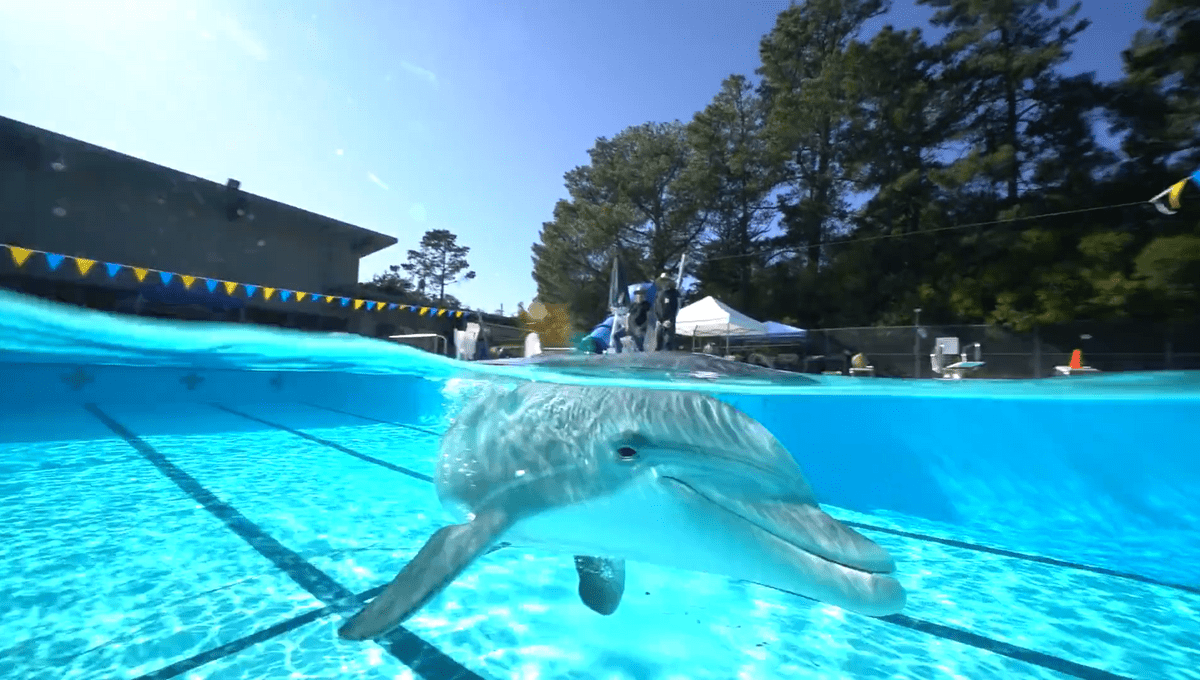
Being such playful, charismatic, and energetic animals, it’s easy to understand why humans are so charmed by dolphins. However, their social behavior and remarkable intelligence are precisely the reason why these animals aren’t suited to life in captivity. Luckily, if you’ve always yearned to get up close and personal with these wonderful animals but felt morally obligated to refrain from doing so, a special effects company in America may have come up with the perfect solution.
In 2020, Edge Innovations brought us the animatronic dolphin as an ethical alternative to swimming with live cetaceans. Now, a follow-up study has revealed just what people think of this robot look-alike.
The study participants were third-year university students taking a course on tourism and animal ethics. In phase one of the experiment, two hypothetical scenarios were presented to the 15 students: either swim and interact with a real-life dolphin, or swim and interact with the animatronic version.
Ten participants picked the real dolphin experience for reasons such as the sense of satisfaction not being the same swimming with a robot versus a live animal. Other justifications for the live experience included the idea having been a childhood dream or “bucket-list” experience. The remaining five picked the animatronic experience for reasons considering animal cruelty and their own prior knowledge of the welfare issues surrounding these experiences.
After responding to the initial question, the students were then asked to watch two videos. The first was a documentary about the life of a captive killer whale (Lolita: Slave to Entertainment). The second video is a promotional video by Edge Innovations about their animatronic dolphin alternative, part of which is shown below.
After viewing both videos, the students were then asked to revisit the first question to determine if their answers had changed. Of the ten participants who had picked the live dolphin experience in the initial question, all but one then picked the animatronic dolphin in the second round of choices.
Many cited the cruelty shown to the orca in the documentary as a reason for their choice and this led them to believe that swimming with the robotic version was the “best ethical decision”. The responses also highlighted the role of the media in changing perceptions around the issue of using animals for profit. Those that had already picked the robotic version in phase one felt even more convinced by their original choice.
The survey suggests that ethical and welfare considerations have put marine theme parks and aquariums that offer these “once-in-a-lifetime” experiences under scrutiny from animal rights campaigners, and more recently the public. Some countries have even protected dolphins from use in such parks due to public pressure and animal welfare concerns.
In a world where animal rights and environmental concerns are some of the most frequently talked about issues, are animatronic encounters the future of dolphin experiences?
What would you choose?
The paper is published in the Journal of Ecotourism.
Source Link: Should We Replace Captive Dolphins With Robotic Ones? Study Explores Ethical Debate